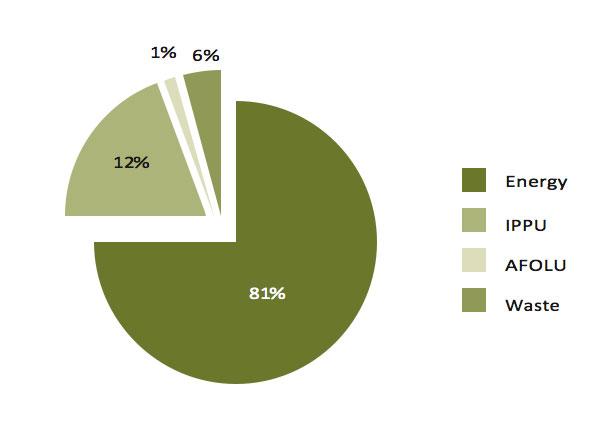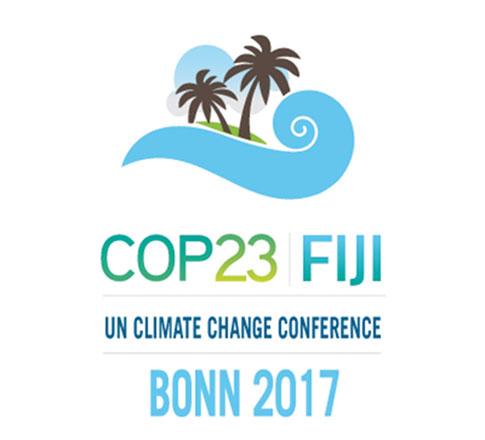You are here
Biennial report on climate change launched
By Hana Namrouqa - Oct 29,2017 - Last updated at Oct 29,2017

The graph shows the greenhouse gas net emissions by sector in Jordan in 2012 (Photo courtesy of the FBUR)
AMMAN — Jordan on Sunday announced its First Biennial Update Report (FBUR) to the United Nations Framework Convention on Climate Change, which looks at climate change within the Jordanian context and highlights local efforts to fight and adapt to the global phenomenon.
The Ministry of Environment, which launched the report in partnership with the Royal Scientific Society and the United Nations Development Programme, described the report as a “scientifically sound reference” that provides in-depth understanding of the complex dynamics of climate change in Jordan.
At the launch ceremony, Ministry of Environment Secretary General Ahmad Qatarneh said that projects listed under such reports must be translated into concrete action to uplift people’s living environment.
Qatarneh expressed hope that international stakeholders in the upcoming Bonn Climate Change Conference, which will open on November 7, will live up to the commitments they pledged for the developing countries.
He underscored that Jordan and other developing countries can implement projects that address the impacts of climate change including the expanding desertification, reduced rainfall patterns and increasing droughts, among other threats, by proving the needed funds.
The FBUR provided an update on greenhouse gas emissions, mitigation actions and constraints and gaps, including an outline of the support needed.
It showed estimates on grenhouse gas emissions and removals in the energy, industrial processes and product use (IPPU), agriculture, forestry and other land-use (AFOLU) and waste sectors.
The report also outlined the national inventory on emission estimates for carbon dioxide (CO2), methane (CH4), nitrous oxide (N2O), in addition to perfluorocarbons (PFCs), hydrofluorocarbons (HFCs), and non-methane volatile organic compounds (NMVOC).
In 2010, Jordan contributed 23140.06 Gigagrams (Gg) of CO2eq or 23.14 million tonnes (Mt) of CO2eq of GHGs to the atmosphere. The energy sector was the main emitter, releasing 84 per cent of CO2, followed by the IPPU sector with 9 per cent of the total and the AFOLU sector with 1 per cent. The waste sector produced 7 per cent, according to the report.
The report showed that in 2012, Jordan contributed 27997.73 Gg of CO2eq or 27.99 million tonnes (Mt) of CO2eq of greenhouse gases to the atmosphere. The energy remained the highest emitter, although its contribution dropped to 81 per cent, according to the report.
Authors of the report said that the country’s expanded reliance on renewable energy caused the drop in the energy sector’s contribution to the country’s total emission of greenhouse gases.
The IPPU sector released 12 per cent of the total, followed by the AFOLU sector with 1 per cent contribution and then came the waste sector with 6 per cent of the total.
Related Articles
BONN — A Jordanian delegation headed by Minister of Environment Yaseen Khayyat is currently participating in the global negotiations on envi
PARIS — Record fossil fuel production kept planet-heating methane emissions near historic highs last year, the International Energ
PARIS — Record fossil fuel production kept planet-heating methane emissions near historic highs last year, the International Energy Agency s














